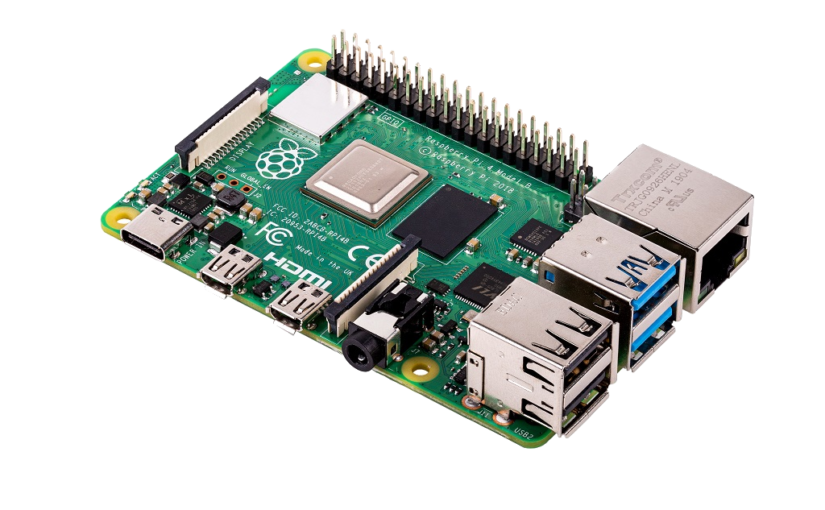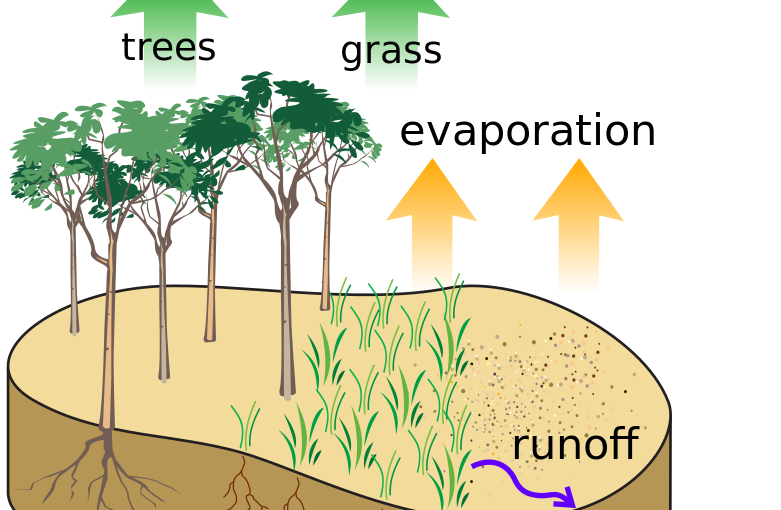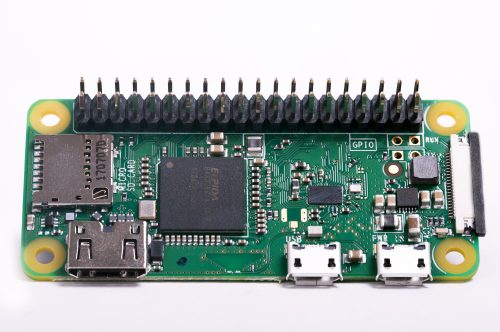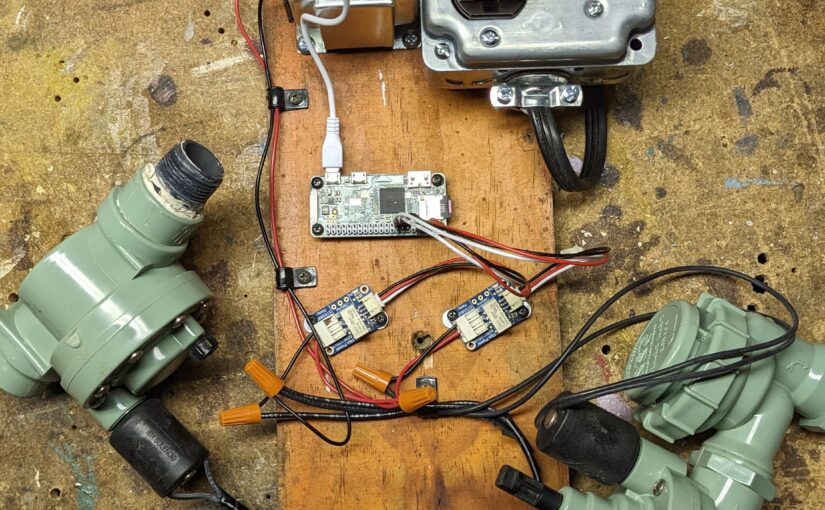
R is a programming language for statistical computing and data visualization. It has been adopted in the fields of data mining, bioinformatics, and data analysis.
https://en.wikipedia.org/wiki/R_%28programming_language%29
Data mining, bioinformatics, data analysis…
…But not hardware.
We assume R isn’t useful for flipping switches and reading sensors. But that’s an assumption, not a fact.
Let’s be honest. Computer languages are just an abstraction layer on top of the metal. Languages provide constructs to make the expression of logic easier, tailored for the different ways people approach logic and data. But all languages eventually drive the behavior of transistors, and the logic gates and microcircuits built on top of those transistors.
We assume R doesn’t care about transistors. Possibly true, but I don’t believe that’s set in stone. In fact, I’ve proved it’s not true.
Continue reading R Meets Hardware








